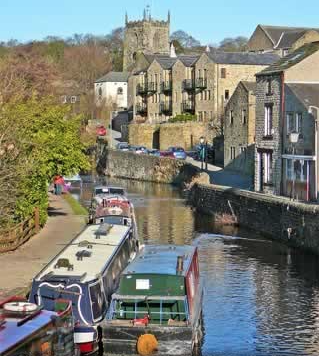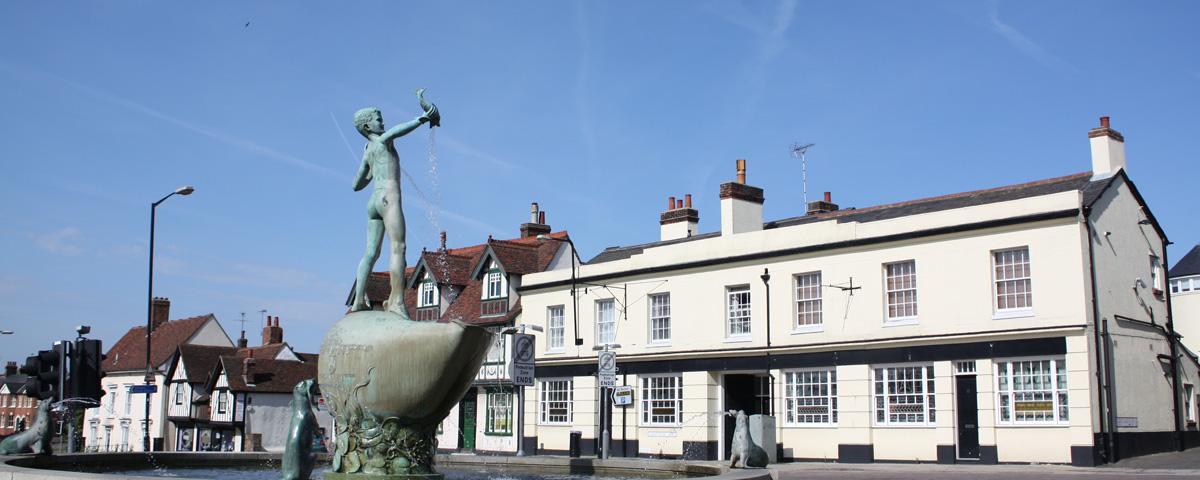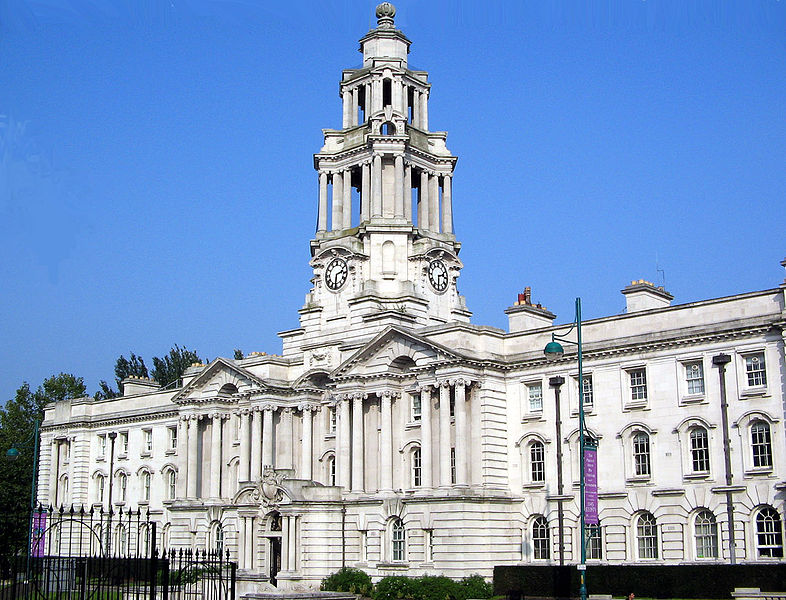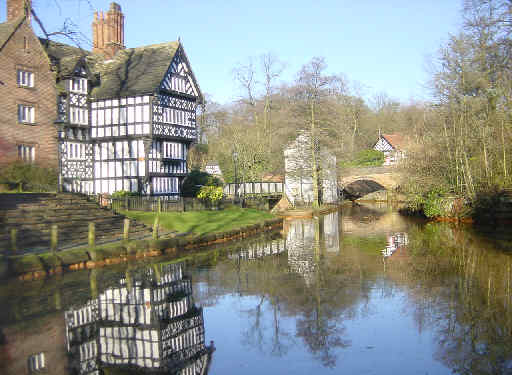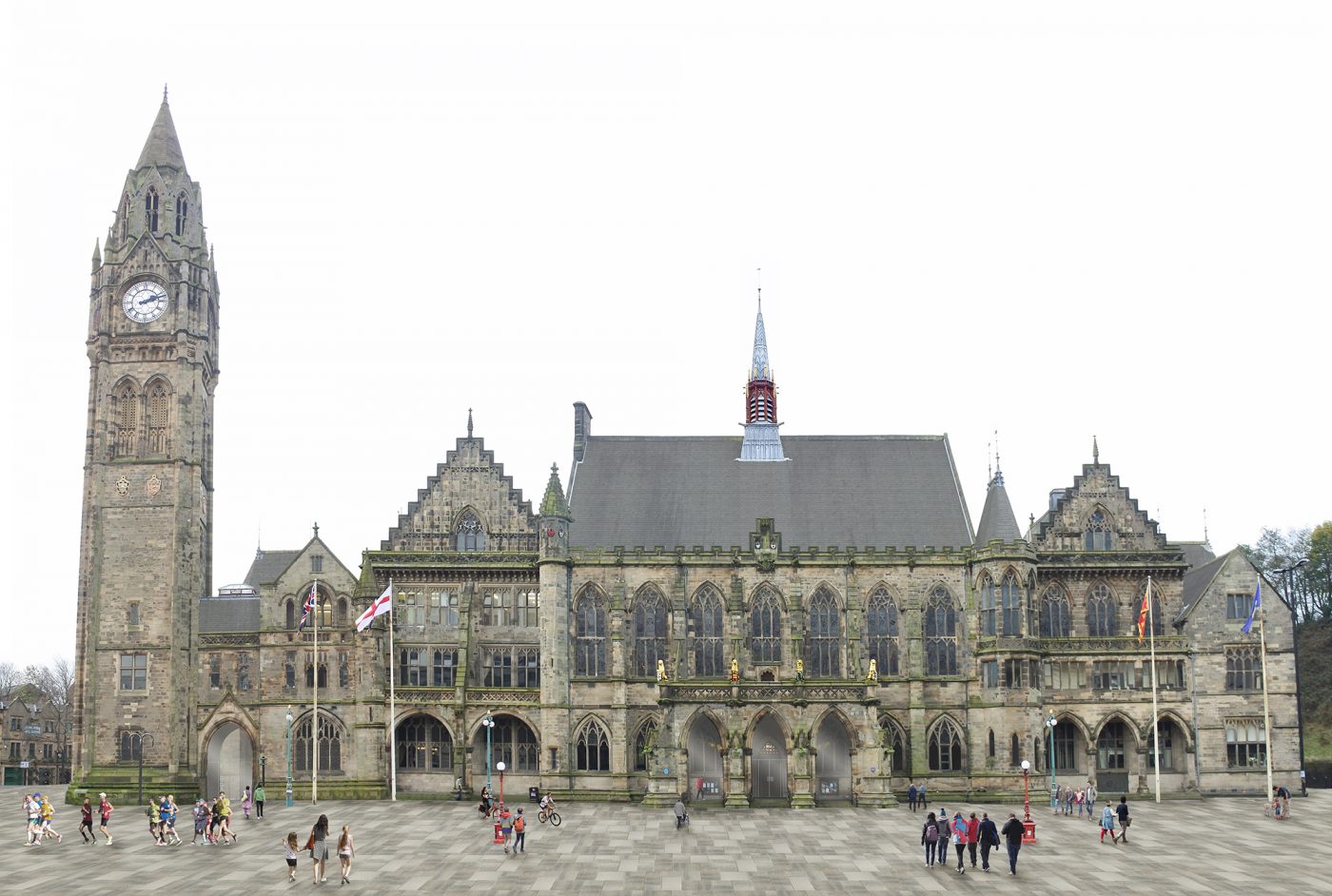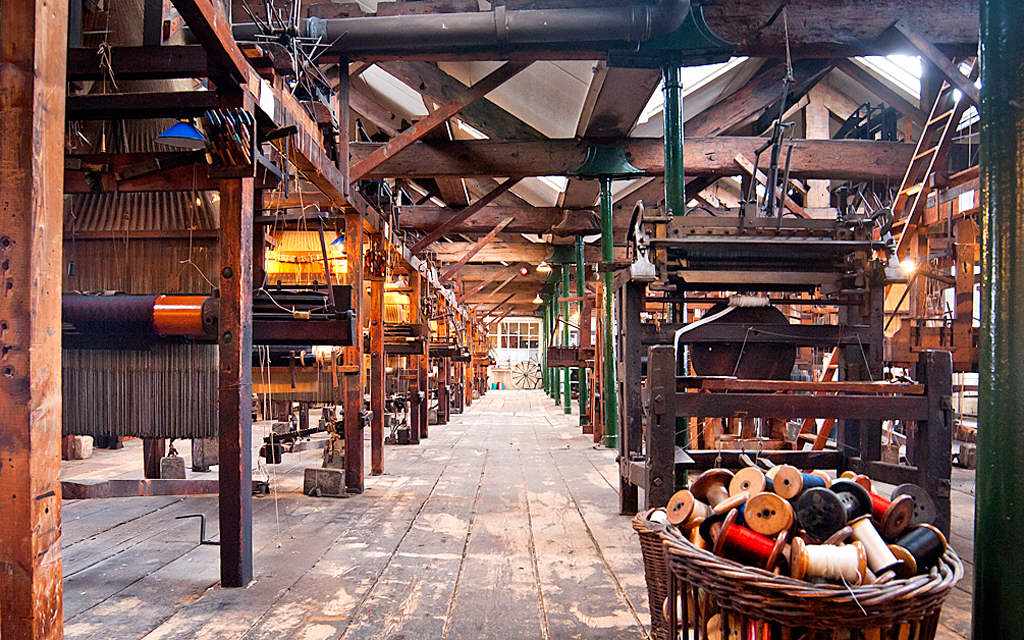Morecambe, from seaside resort to Eden Project
Morecambe is a coastal town on the Irish Sea. It comprised the hamlets of Poulton, Bare and Torrisholme until 1889. Passage of the necessary legislation officially named the area Morecambe. Formed in 1894, the Urban District Council freed the town from governance by the Borough of Lancaster (until 1974, when Lancaster again took charge). But various parties […]


